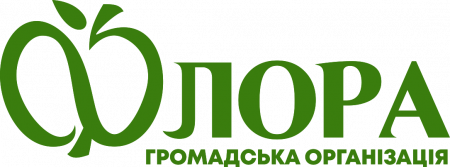
New trends in food shopping have occurred in the US recently. Today many people in the US worry about the quality and safety of the food they eat. Many people fear pesticides and chemicals used in growing fruits, vegetables, and grains may harm their health. They also worry about genetically modified (GM) foods, in which the genetic structure of plants and animals is altered to make them resistant to insects and droughts or to make the plants and animals healthier and stronger and able to produce more food. A third fear is that overuse of antibiotics in animal feed is resulting in deadly viruses that are immune to antibiotics. In addition to these fears, many people prefer stores that sell food from local farms, since this local food is fresher, tastes better, and requires less shipping and transportation which are bad for the environment.
These trends have caused an increasing number of people in the US to shop for organic foods. The US Department of Agriculture states that “Organic is a labeling term that indicates that the food or other agricultural product has been produced through approved methods. These methods integrate cultural, biological, and mechanical practices that foster cycling of resources, promote ecological balance, and conserve biodiversity. Synthetic fertilizers, sewage sludge, irradiation, and genetic engineering may not be used.” [1] The US government has issued requirements that food producers must follow if their food products are labeled organic.


http://www.dawsonsmarket.com/

http://www.momsorganicmarket.com/
As more people shop for organic food, the number of stores in the US that sell organic foods has increased greatly. I live in Rockville, a city of approximately 60,000 people located about 20 miles north of Washington, DC in the state of Maryland. At least four supermarkets in Rockville advertise that they sell only organic food. Some of these supermarkets also advertise that they do not sell genetically modified foods or meat from animals that were fed antibiotics. Today most large supermarkets in Rockville sell some organic food products.

http://rootsmkt.com/


The types of organic food seen most often in supermarkets are fresh fruits and vegetables. Organic milk and yogurt products are sold in many supermarkets as are organic chicken, eggs and organic grain products such as pasta, cereal and crackers. As demand for organic food grows, the types and varieties of organic food products is increasing.


http://www.momsorganicmarket.com/
The popularity of organic food in Rockville, Maryland may not be typical of all US cities, since Rockville residents in general have more education and greater incomes than many other cities in the US. However, as consumers throughout the US learn more about the health and safety aspects of their food supply, the demand for organic food likely will increase in this country.
[1] http://www.ams.usda.gov/AMSv1.0/nop US Department of Agriculture, Food and Nutrition Center, National Agricultural Library. Nov. 11, 2014.
Gail Vallieres
November 2014
